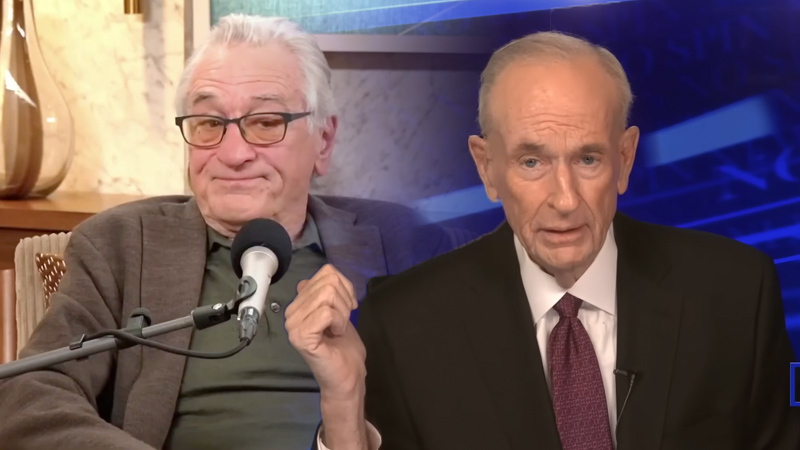
New child safety bills spark concerns over potential federal push for sweeping digital IDs.
Bipartisan legislative efforts are underway in the US House of Representatives to adopt new versions of two laws originally drawn up to deal with the safety of youth online.
But the fear is that the bills introduced now – H.R.7891, the Kids Online Safety Act (KOSA), and H.R. 7890, the Children and Teens Online Privacy Protection Act (COPPA) 2.0 – will facilitate implementation of a future sweeping age verification and digital ID push.
These concerns are raised because KOSA is directing the secretary of commerce, together with the Federal Communications Commission (FCC) and the Federal Trade Commission (FTC) to conduct a study “evaluating the most technologically feasible methods and options for developing systems to verify age at the device or operating system level.”
At this stage of the proceedings, the study will not be used to mandate that platforms implement “an age gating or age verification functionality” – however, once the authorities have at their disposal the technical solutions to do it, some observers expect it could be used for a more aggressive legislative push at the federal level later on.
The key difference between the existing Senate version of KOSAand the proposed House bill is found under the “care of duty” component, with the House text now defining that to apply to “high impact online companies” with $2.5 billion or more annual revenue, and 150+ million global monthly active users over at least three months of the preceding year.
The Senate version refers to platforms “reasonably likely to be used by a minor” (employing 500 or more people, with gross annual revenue of $50 million or more).
Related: Florida Lawmakers Pass Social Media Age Verification Online ID Law, Ignoring Constitutional Concerns
Regarding the way COPPA’s new version could pave the way for more expansive age verification online, it seeks to impose new forms of data collection restrictions concerning minors, and also shield them from targeted advertising.
But for that to be achieved, platforms will have to find a way to verify users’ age. At the same time, COPPA 2.0 states that the bill will not require platforms to “implement an age gating or age verification functionality.”
The bills were introduced by Representative Kathy Castor as a “landmark” regarding the protection of data privacy. Castor at the same time accused apps and platforms of “exploiting our kids and causing harm” and Big Tech of resorting to “manipulative and dark practices” – but did not specifically address the issue of age verification while announcing the bills.
Live Coverage: Iran Attacks Israel, Putin Threatens WW3




